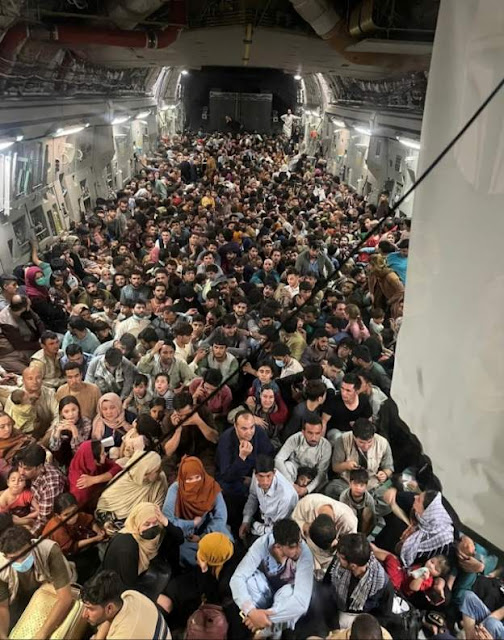Looking out to 22: How I should live

This is a personal post: Not how to live, as I must accept that I have nothing insightful to offer, but how I should live. As 2021 draws to a close and Britain is gripped, again, by a raging pandemic, I am desperately searching for a new start. This year has been better than the last: This time last year, I was in bed afflicted by Covid and barely able to speak; besides, I have made some progress towards my goals, at least in terms of knowing which ones of those are utterly meaningless. Despite my desperation, I am optimistic though. Even if this new year will not be the day of freedom that I hoped it would be - there would perhaps be a lockdown soon after Christmas - but it would most surely be a new start. I saw some commentators writing that 2022 will mean the end of the pandemic as a social phenomenon when our conversations will move on. We wouldn't be talking about whether to take the vaccine or not, fighting about whether to wear masks or not, whether to restrict travel or t...














